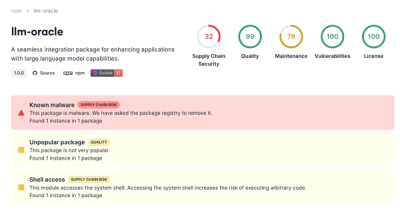AWS Certificate Manager Construct Library
This package provides Constructs for provisioning and referencing certificates which
can be used in CloudFront and ELB.
DNS-validated certificates
The DnsValidatedCertificateRequest class provides a Custom Resource by which
you can request a TLS certificate from AWS Certificate Manager that is
automatically validated using a cryptographically secure DNS record. For this to
work, there must be a Route 53 public zone that is responsible for serving
records under the Domain Name of the requested certificate. For example, if you
request a certificate for www.example.com, there must be a Route 53 public
zone example.com that provides authoritative records for the domain.
Example
import { HostedZoneProvider } from '@aws-cdk/aws-route53';
import { DnsValidatedCertificate } from '@aws-cdk/aws-certificatemanager';
const hostedZone = new HostedZoneProvider(this, {
domainName: 'example.com',
privateZone: false
}).findAndImport(this, 'ExampleDotCom');
const certificate = new DnsValidatedCertificate(this, 'TestCertificate', {
domainName: 'test.example.com',
hostedZone: hostedZone
});
Email validation
Otherwise, if certificates are created as part of a CloudFormation run, the
CloudFormation provisioning will not complete until domain ownership for the
certificate is completed. For email validation, this involves receiving an
email on one of a number of predefined domains and following the instructions
in the email. The email addresses use will be:
Because of these blocks, it's probably better to provision your certificates either in a separate
stack from your main service, or provision them manually. In both cases, you'll import the
certificate into your stack afterwards.
Example
Provision a new certificate by creating an instance of Certificate. Email validation will be sent
to example.com:
const certificate = new Certificate(this, 'Certificate', {
domainName: 'test.example.com'
});
Importing
Import a certificate manually, if you know the ARN:
const certificate = Certificate.import(this, 'Certificate', {
certificteArn: "arn:aws:..."
});
Sharing between Stacks
To share the certificate between stacks in the same CDK application, simply
pass the Certificate object between the stacks.
TODO



